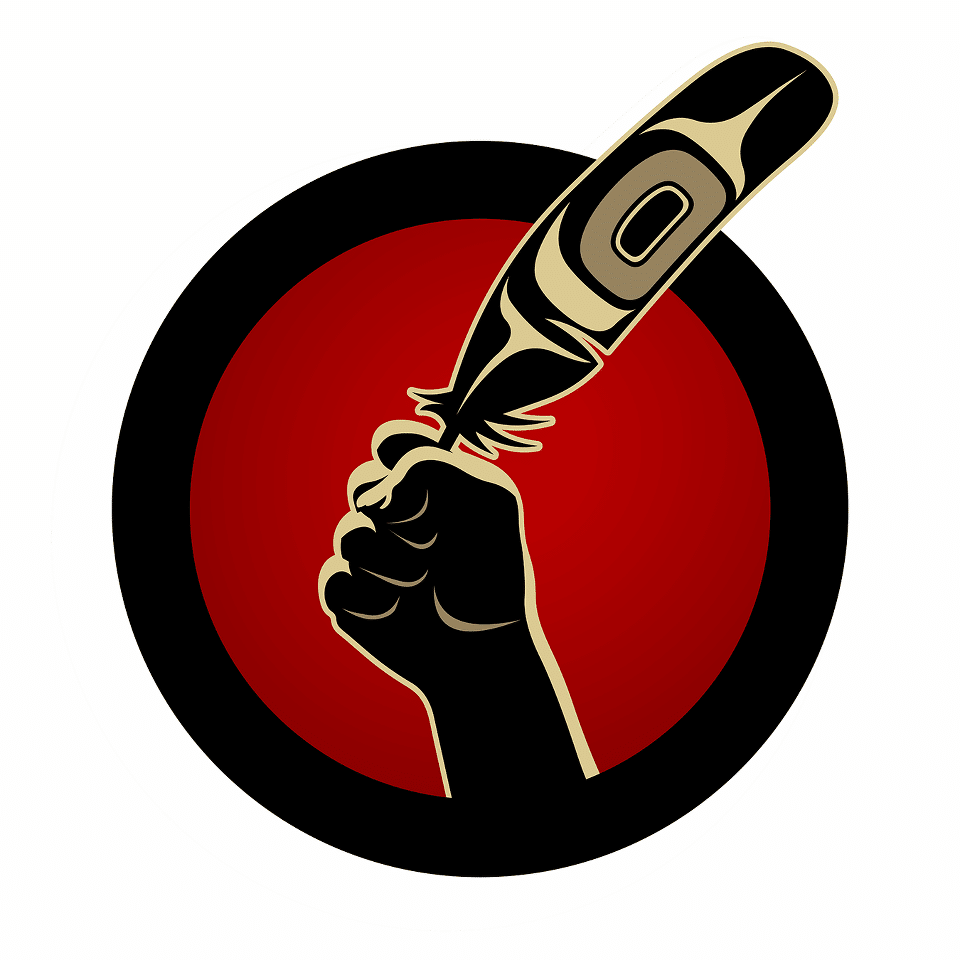Case Example
Aboriginal Rights: Democracy Debated
The battle for rightful land and resources between the colonizing government in British Columbia and the aboriginal peoples that were here before has prevailed for many years in BC. Treaties were ignored and violent confrontations were the consequences of this outcome; in 1998, the Nisga'a Band became the first Aboriginal entity to settle a land claim in BC under, then Premier, Glen Clark [1]. With peaceful voting and careful consideration of the Aboriginal peoples' rights, the land was settled. Some years later, in 2002, we see the concept of Aboriginal Rights come under the spotlight again, this time things take a more different route than from 1998. The rights to land, taxes, property, and self governance are some of the topics that the Provincial government would like to review once again; and take a vote on to come to a conclusion on whether or not the Aboriginals should have exclusive rights to these topics highlighted [2]. Even though it may look as if democracy is being practiced here in a good way, Hupacasath chief Judith Sayers says that this referendum is, "it's the single-most destructive process I've seen in my lifetime."
This topic leaves much up to debate for viewers.
what do you think? does this practice of democracy help unify all British Columbians? does it help Aboriginals live peacefully in BC?
I would argue that this referendum is indeed Racist, it does nothing but strain relations with the First Nations people and British Columbians. The First Nations people should have exclusive rights to the topics highlighted within the referendum due to the fact that they were the original inhabitants of this land; but if we are to solely look at the democratic aspect of this situation, we can see that the Provincial government is being democratic in the sense that they are allowing ALL inhabitants of BC to vote on this topic.
